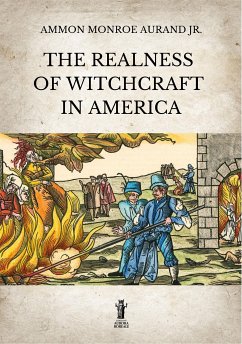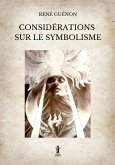"Preposterous"; "I don't believe it"; "Impossible"; "Nothing to it"; "Well, I know where"; "They say it's true"; "She's an old Witch", or, "He's a Devil" - sayings like these may be heard on all sides when a subject such as this is brought up. "There may have been 'witchcraft' of a sort a few generations ago, but is this still practiced among the Pennsylvania Germans?" is not an uncommon query when strangers come into the Keystone State. Quite often, yes, more frequently than not, you will get an affirmative reply from those who profess to know something about such matters. Furthermore, there is considerable basis in fact for the general belief that "witchcraft" still prevails in one of the most enlightened states and sections of the country. But why does it "hang on?". Why? - Persistency in any form of witchcraft as it prevails in the minds of men and women today, is that they haven't taken steps to inquire into the subject - as to whether there is really any such thing as a "witch", and, what it might be. This interesting essay by Ammon Monroe Aurand Jr., written in 1942, attempts to provide answers.
Dieser Download kann aus rechtlichen Gründen nur mit Rechnungsadresse in A, B, BG, CY, CZ, D, DK, EW, E, FIN, F, GR, HR, H, IRL, I, LT, L, LR, M, NL, PL, P, R, S, SLO, SK ausgeliefert werden.









